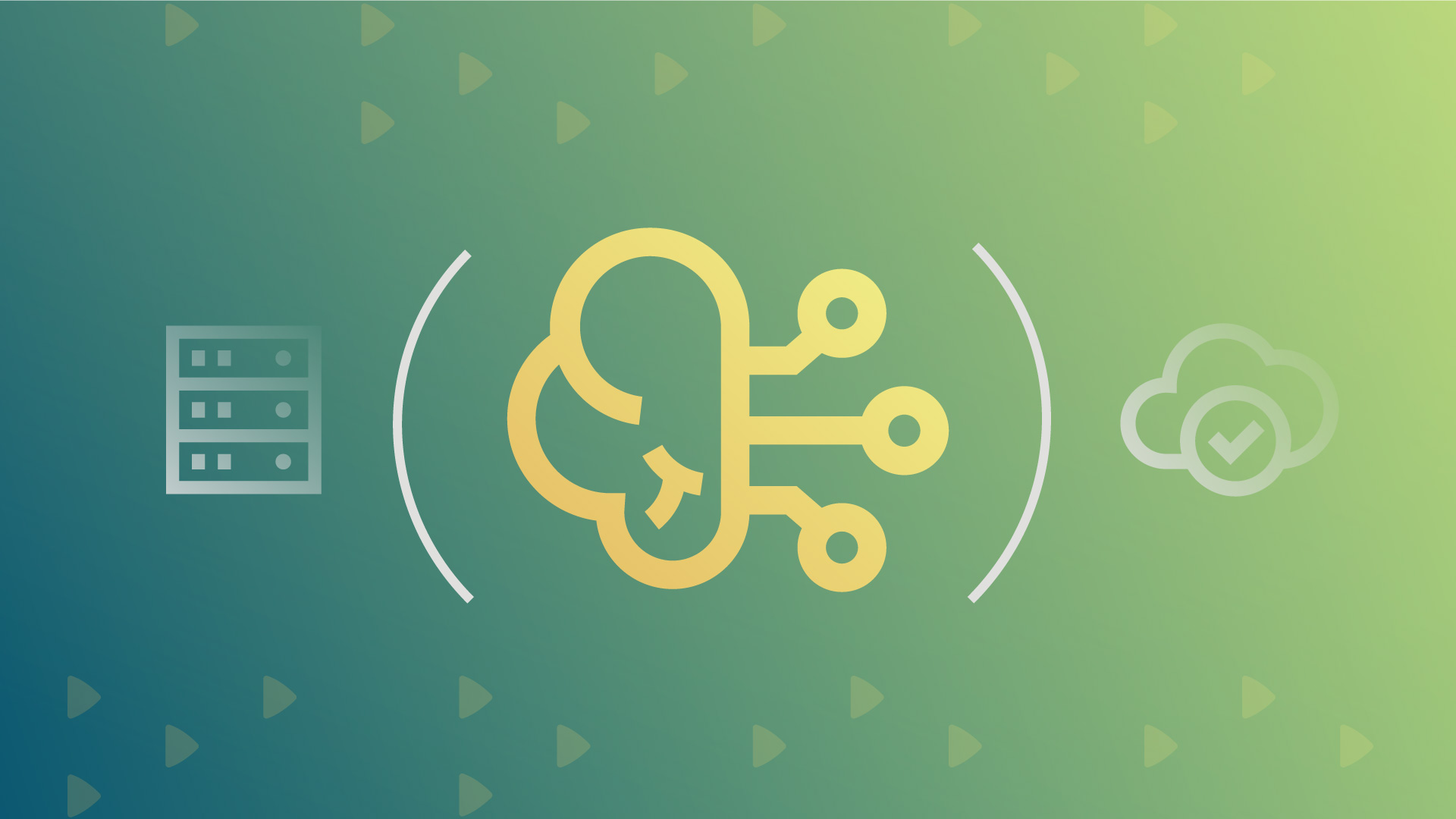It can be hard to deploy machine learning models efficiently. This is due to a number of challenges data scientists routinely face, including:
- Automating deployments
- Scaling model training
- Infrastructure resources
- Offloading training to GPUs
Any one of these challenges can be enough to severely slow how your machine learning models make it into the wild. Which is why more and more data scientists are leaning into Kubernetes.
 Flexibility, scalability, and efficiency
Flexibility, scalability, and efficiency
While Kubernetes was not originally intended for machine learning workloads, its key capabilities almost perfectly align with the needs of data scientists.
For example, Kubernetes autoscales and distributes workloads across servers—a critical capability for resource-intensive machine learning workloads. Similarly, the ability to reuse deployment resources—an inherent capability in Kubernetes—essentially functions as a default automated deployment engine.
Other strengths of Kubernetes for machine learning include:
- Redistributing workloads automatically if a server fails, which reduces the possibility of model training stopping due to an error
- Native multi-tenancy, making it easy for data scientists to share clusters across workloads or teams
- Direct access to GPUs for offloading
Given all these strengths, it’s only natural to ask why Kubernetes is not already the default platform for machine learning workloads. There are a couple reasons for this, beginning with the increase in architecture complexity that utilizing Kubernetes requires—and the security challenges that come along with it.
Then there’s the fact that many data scientists don’t have a desire—or the time—to learn Kubernetes. The typical machine learning workload, from algorithm writing and data set creation to training and testing—is already taxing.
But for those data scientists willing to explore Kubernetes, the benefits can be very real once the knowledge climb has been completed.
 Taking the stress out of machine learning
Taking the stress out of machine learning
One way to remove the hurdles of developing and deploying machine learning models is to streamline your architecture.
To that end, Redapt has put together an accelerator package designed to help organizations of all sizes bridge the gaps that often lead to machine learning initiatives becoming mired down.
Included in this package, which we call the ML Accelerator, is a ready-to-use infrastructure that features:
- HA Kubernetes based on Rancher
- Hardware to support machine learning (and deep learning) workloads, including a base model with 4x100 GPUs
- Workflow management with Kubeflow and ready-built containers
- Self-service Jupyter Notebook for data exploration
- Integration with NVIDIA RAPIDS and Apache Spark
- IT monitoring and alerting via Prometheus and Grafana
Combined, all these tools provide all the necessities for getting up and running with machine learning—all within a production-ready footprint.
To learn more about our ML Accelerator, or for help adopting Kubernetes for your machine learning endeavors, schedule some time to talk with our experts.
Categories
- Cloud Migration and Adoption
- Enterprise IT and Infrastructure
- Artificial Intelligence and Machine Learning
- Data Management and Analytics
- DevOps and Automation
- Cybersecurity and Compliance
- Application Modernization and Optimization
- Featured
- Managed Services & Cloud Cost Optimization
- News
- Workplace Modernization
- Tech We Like
- AWS
- Social Good News
- Cost Optimization
- Hybrid Cloud Strategy
- NVIDIA
- Application Development
- GPU




